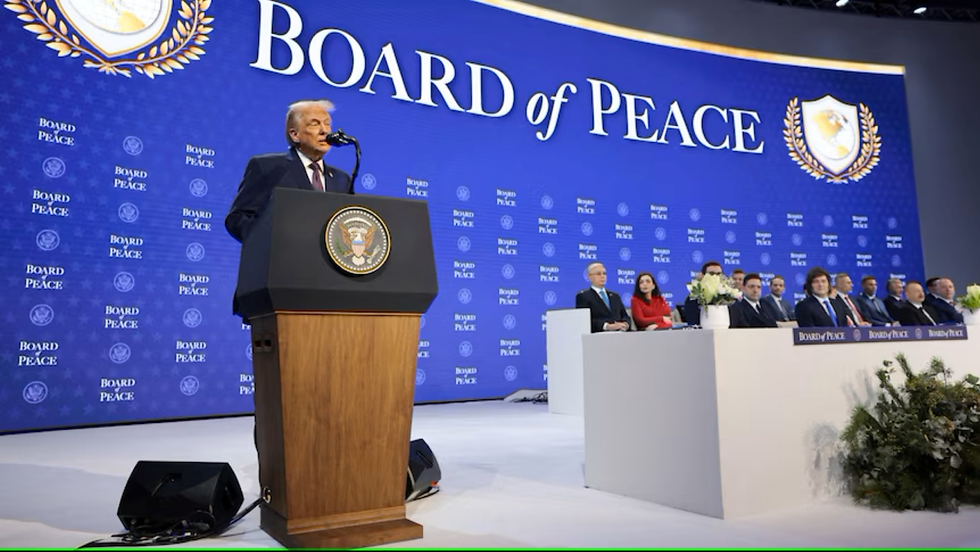Japan Implements New Rules to Curb Unconventional "Kirakira" Names Amid Growing Concerns
- Rahaman Hadisur

- May 31, 2025
- 2 min read
Hadisur Rahman, JadeTimes Staff
H. Rahman is a Jadetimes news reporter covering Asia

In a move to address the rising trend of unconventional names, the Japanese government has introduced new regulations aimed at limiting the use of "kirakira" names, which translates to "sparkly" or "shiny." These names, which include unique choices like "Nike," "Pikachu," and "Pudding," have gained popularity over recent decades as parents seek to break away from traditional Japanese naming conventions.
The new rules, which took effect on Monday, require parents to adhere to widely accepted pronunciations of kanji characters when naming their children. This decision comes in response to concerns from hospitals, schools, and authorities about the difficulties in pronouncing and registering these unconventional names. Critics argue that such names can lead to confusion and potential harassment for children, as well as complications in administrative tasks like banking and registration.
Social media reactions to the announcement have been mixed. Some users defended kirakira names as a form of individual expression, arguing that they do not warrant government intervention. One user on X remarked, "They’re not children of the nation, right? They’re children of their parents." Conversely, others welcomed the change, expressing concern that children with unusual names might face bullying or other social challenges.
The phenomenon of kirakira names has its roots in Japan's complex writing systems, which include kanji and two phonetic scripts. Parents often select names based on their phonetic appeal, choosing kanji characters that may not traditionally correspond to the desired pronunciation. This practice has made it increasingly difficult for educators and healthcare professionals to accurately pronounce children's names based solely on their written form.
The government's new regulations mandate that parents provide the phonetic readings of their chosen names during the registration process. If local officials determine that the phonetic sound does not align with the conventional pronunciation of the kanji characters, they may reject the name or request additional documentation.
This is not the first time Japan has grappled with naming conventions. The country still enforces laws requiring married couples to share the same surname, a practice that has drawn criticism from women's rights advocates. While first names have historically allowed for more creativity, the recent regulations mark a significant shift in how naming practices are approached.
A 2022 study revealed that the trend toward unique names has been on the rise for the past 40 years, reflecting a broader societal shift toward individualism and independence in Japan. Interestingly, the study noted that girls are more likely to receive kirakira names, suggesting that parents may have higher aspirations for their daughters' uniqueness compared to their sons.
Japan is not alone in witnessing a rise in unconventional baby names. Similar trends have been observed in the United States and China, where parents increasingly favor unique names as a reflection of individualism and autonomy. However, many countries maintain regulations regarding acceptable names, with varying degrees of strictness.
As Japan navigates the complexities of naming practices, the balance between individual expression and societal norms remains a topic of ongoing debate. The government's latest measures aim to address concerns while still allowing for some degree of creativity in naming, reflecting the evolving landscape of Japanese culture.









































Comments